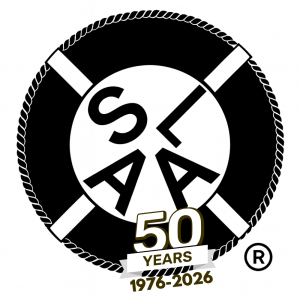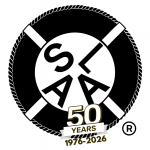In what circumstances might “reputation” be a “matter concerning other groups” (referencing Tradition Four) such that an individual autonomous meeting might need to seek Intergroup approval before making changes to its own format?
For example, could a group decide to become a “top-line focused, we get sober by juggling meeting” (which could potentially change the “reputation” of an SLAA area) without getting prior approval from the local Intergroup?
Response #1:
Just as an S.L.A.A. member is a member if they say they are, an S.L.A.A. group is an S.L.A.A. group if they say they are. An intergroup is a service board or committee is directly responsible to those they serve. An intergroup does not “give approval.” An intergroup does not — or should not if they are practicing the Traditions and Concepts — govern. We have no central authority that imposes discipline.
We may object to the behavior of a meeting, but unless a meeting is engaging in illegal activity an intergroup or other service structure has no power to order them to behave differently.
The Traditions are based on self-sacrifice. Our common welfare depends on open and open-minded communication and especially a commitment from each individual and each meeting to the welfare of our entire fellowship. Tradition Four is a refinement of Traditions One and Two. Four expresses the trust we have for each other. It expresses the respect and love we hold for our fellows. We are reminded as we practice the principles of the Traditions that they are guides for our behavior. They are not rules, commandments, laws, or regulations. I trust that a meeting that does not practice the Traditions will in time pass away. The same goes for an intergroup and even an entire fellowship.
Response #2:
It would seem to be a quite a stretch to consider “reputation” as a matter affecting another group in the context of Tradition Four. The intent of the second half of Tradition Four is to stop significant and egregious Tradition violations occurring at one meeting from affecting other groups in the area or the entire fellowship.
The Alcoholics Anonymous illustrated pamphlet titled “The Twelve Traditions – A Distillation of A.A. Experience” gives some examples of actions that could affect other groups:
(1) an individual meeting taking over all the public information work for an area without consulting any other groups in the area;
(2) a group deciding that Tradition Eleven is an outdated technicality and engaging in vigorous promoting.
Concern over “reputation” sounds more like an ego issue, and not a Tradition violation. The Intergroup would be better off avoiding comments or decisions concerning a meeting format (even if the meeting format is odd) unless there is an actual and serious Tradition violation occurring.


